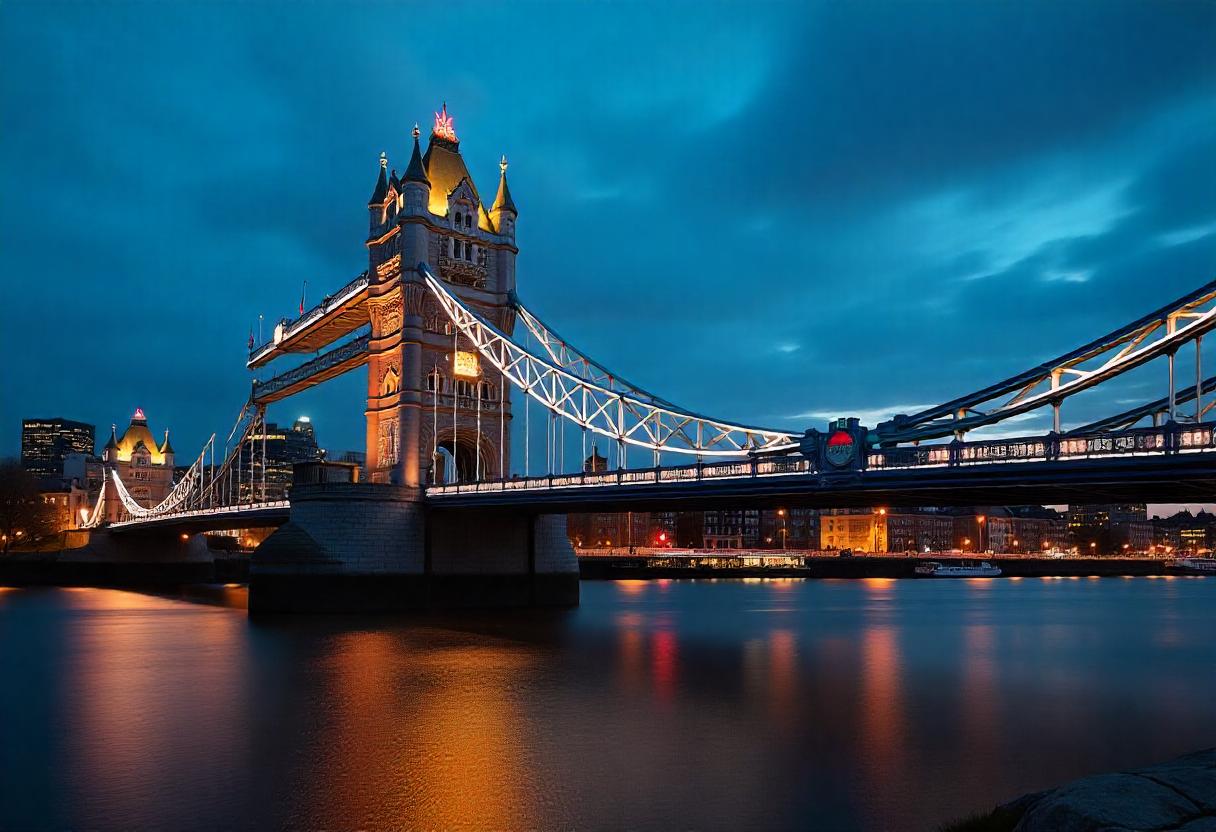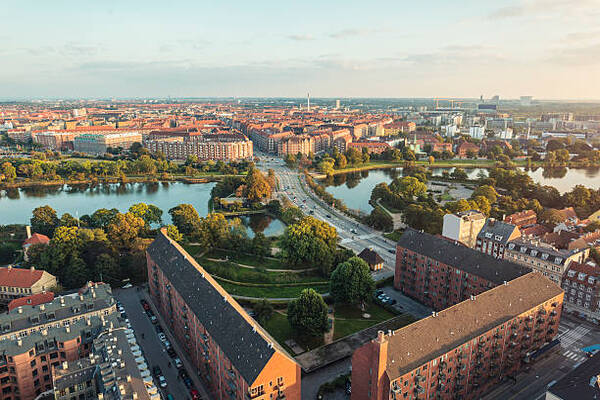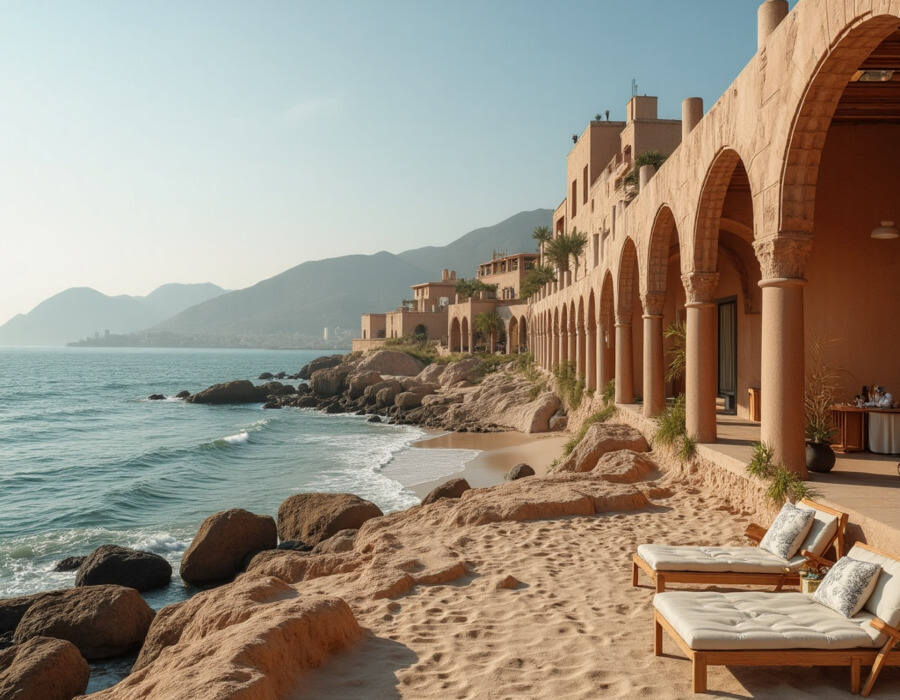≡-Spain, Portugal, And Italy’s Civil Pushback Against Tourism Saturation Reshapes Europe’s Travel Map, Powering UK’s Last-Minute Booking Boom – Viral of Today
<> Viral of Today <>
Home » TOURISM NEWS » Spain, Portugal, And Italy’s Civil Pushback Against Tourism Saturation Reshapes Europe’s Travel Map, Powering UK’s Last-Minute Booking Boom Thursday, June 19, 2025As mass protests erupt across Spain, Portugal, and Italy over the mounting pressures of overtourism—fuelled by soaring housing costs, crowded city centers, and vanishing local livability—the ripple effect is being felt far beyond Southern Europe. In response to the escalating unrest and media images of locals pushing back against unchecked tourism, British holidaymakers are rapidly changing course. The United Kingdom is now experiencing an unexpected spike in last-minute summer travel bookings, as travellers seek alternative destinations that promise both tranquillity and distance from growing social tensions across the Mediterranean’s most iconic cities.Europe’s Tourism Industry on Edge as Anti-Tourism Protests Erupt in Major Destinations Despite Surge in Last-Minute Summer BookingsAs Europe prepares for the height of its summer tourist season, a new wave of anti-tourism protests is stirring anxiety within the travel sector. Just as last-minute holiday bookings surge across the continent, residents of several top destinations are taking to the streets, voicing frustration over the pressures of mass tourism on their communities. This rising discontent threatens to undermine the image of some of Europe’s most beloved locations and may soon influence travel choices among more socially conscious tourists.Over the weekend, large-scale demonstrations were held in numerous high-profile cities in Southern Europe. Local citizens in Barcelona, Palma de Mallorca, Ibiza, Lisbon, Granada, Genoa, Venice, Palermo, Milan, and Naples marched through city streets, demanding urgent action to curb the negative consequences of overtourism. Their concerns revolve around soaring property prices, loss of affordable housing, strained public services, and the increasing commodification of local cultures for tourism.Protesters in Barcelona carried signs condemning what they described as “tourism-driven displacement,” while in Venice, demonstrators highlighted how excessive visitor numbers are impacting the city’s fragile ecosystem. The rallying cry across all cities was clear: the unchecked growth of tourism is compromising residents’ access to housing, public space, and quality of life.These protests are not isolated or spontaneous outbursts. They reflect a growing sentiment among locals who feel sidelined in their own cities, forced to adapt to the demands of a tourism economy that increasingly caters more to short-term visitors than long-term residents. The optics of angry demonstrations in front of historic landmarks and crowded beaches are now capturing global attention, just as holidaymakers are making final plans for their summer escapes.Tourism Boards Take Action Amid Rising DiscontentIn light of these developments, tourism authorities are moving to mitigate the growing backlash. The Spanish Tourist Office, for instance, is actively promoting alternative destinations beyond saturated hotspots like Barcelona and Ibiza. Their aim is to divert traffic toward inland or lesser-known coastal towns where tourism can generate positive economic impact without overwhelming local infrastructure.Visit Portugal has launched similar initiatives, urging travellers to explore the country beyond Lisbon and Porto. Campaigns now emphasize longer stays, cultural immersion, and travel during off-peak periods—measures designed to relieve pressure on urban centers while enhancing the visitor experience.Tourism officials across affected countries are also working more closely with municipalities to develop sustainability frameworks. These include tourist caps, entry fees in certain areas, and regulatory changes aimed at curbing short-term rental platforms that exacerbate housing shortages.Last-Minute Travel Demand Remains ResilientDespite the unrest, the appetite for travel remains undiminished. Last-minute bookings for summer vacations have seen a significant upswing, buoyed by attractive offers from airlines, hotels, and tour operators hoping to maximize occupancy during the high season. Dynamic pricing and flexible booking policies introduced in the post-pandemic era have further encouraged spontaneous travel decisions.According to travel analysts, this paradox—a booming desire to travel clashing with growing local resistance—is creating a complex landscape for Europe’s tourism industry. On one hand, the sector is recovering strongly after years of disruption due to COVID-19. On the other, the sustainability and long-term health of destination communities are at stake.For many travellers, the decision to visit certain places is now influenced not just by cost and weather but also by ethical considerations. Tourists are increasingly aware of their impact and are beginning to seek destinations that are actively managing tourism in a socially and environmentally responsible way.A Turning Point for European Travel?Industry stakeholders agree that the situation represents a turning point. “We need to move from volume-based tourism to value-based tourism,” said a leading European tour operator. “It’s not about how many people we bring in—it’s about how tourism benefits everyone involved, especially the local residents.”As the summer season progresses, the eyes of the global travel community will be on Europe. Can destinations maintain their popularity while addressing community concerns? Can spontaneous travellers continue to enjoy authentic experiences without contributing to local resentment?Widespread anti-tourism protests across Spain, Portugal, and Italy are reshaping Europe’s summer travel patterns, prompting a sharp rise in last-minute holiday bookings from the United Kingdom. British travellers are now opting for quieter escapes as unrest grips traditional hotspots.The answers may shape not only this year’s travel trends but also the future of tourism policy across the continent. The coming months will test the resilience, adaptability, and ethics of a tourism industry walking a fine line between economic opportunity and social responsibility.Tags: European travel 2025, Mediterranean Tourism, overtourism, Portugal tourism, Spain travel news, spontaneous travel, summer travel trends, Tourism news, travel industry, Travel News, UK last-minute bookings
This information will surprise you!
See also
- Read until the end to discover everything.
- Important information you need to know.
- Interesting facts and helpful tips.
Conclusion
Did you enjoy the news? Keep following us daily!













